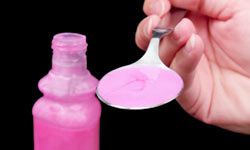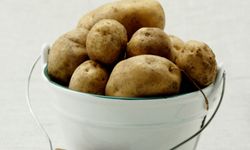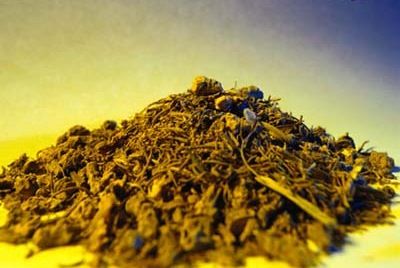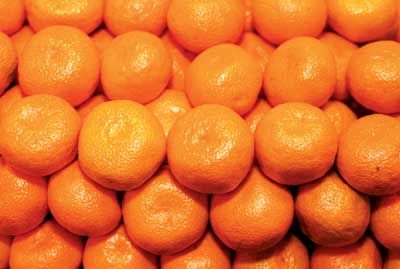You may blame it on a 24-hour bug or something you ate, but if you're like the average American, you'll suffer once or twice this year from diarrhea: frequent, watery bowel movements that may be accompanied by painful cramps or nausea and vomiting.
Diarrhea is uncomfortable and unpleasant, but generally no big deal in otherwise healthy adults. However, if diarrhea becomes a chronic condition, the situation changes. Or if it affects the very young, the elderly, or the chronically ill, it can be dangerous. And if you're not careful to drink enough fluids, you could find yourself complicating what should have been a simple enough situation.
Advertisement
There are essentially two types of diarrhea: acute and chronic. Thankfully, the vast majority of diarrhea is acute, or short term. This type of diarrhea keeps you on the toilet for a couple of days but doesn't stick around long. Acute diarrhea is also known as non-inflammatory diarrhea. Its symptoms are what most people associate with the condition: watery, frequent stools accompanied by stomach cramps, gas and nausea.
Acute diarrhea usually has a bacterial or viral culprit. Gastroenteritis, mistakenly called the "stomach flu," is one of the most common infections that cause diarrhea. Gastroenteritis can be caused by many different viruses. Eating or drinking foods contaminated with bacteria can also cause diarrhea. Other causes of acute diarrhea are lactose intolerance, sweeteners such as sorbitol, over-the-counter antacids that contain magnesium, too much vitamin C, and some antibiotics.
In this article, you will find the home remedies you can follow to keep yourself healthy while you are battling diarrhea. You will also find out what to do in more extreme cases of diarrhea.









